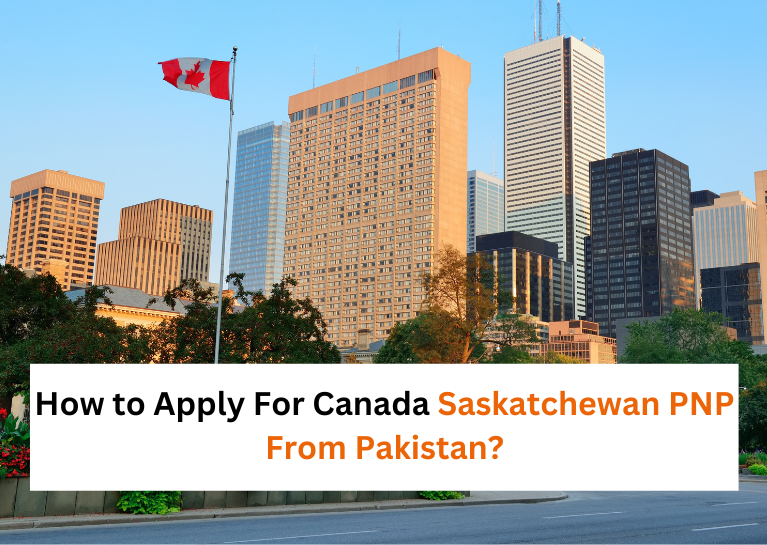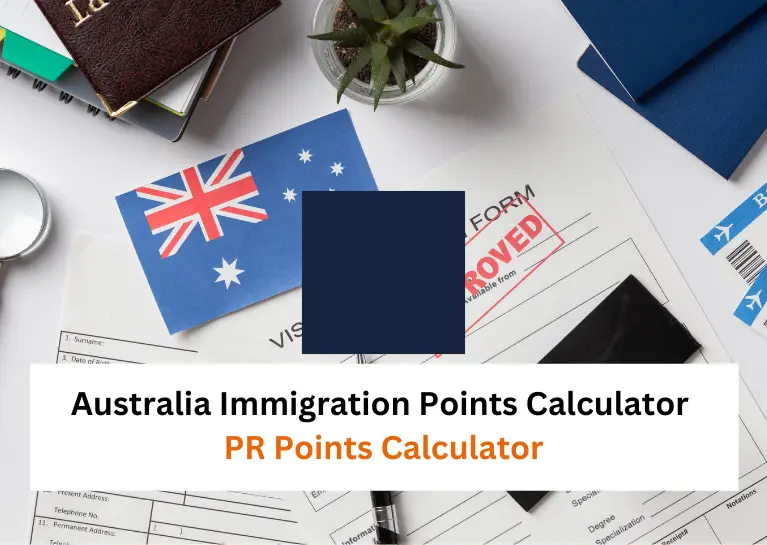Moving to Canada as a dentist provides many chances for skilled workers wanting career progress and a better life quality. Canada has a strong healthcare system and a growing number of people, meaning a high need for dental care. This gives dentists lots of career options. This guide provides insights into how to immigrate to Canada as a dentist, offering details on immigration routes, application requirements, and career prospects in the country. Dentists can learn more about immigrating and start a fulfilling journey in dentistry in Canada.
Table of Contents
ToggleCanadian Immigration Options for Dentists
Canada has become a very appealing place for skilled workers like dentists who want new chances and a better lifestyle. It is important for dentists hoping to move to Canada to know the different immigration routes available.
Express Entry Category-Based Rounds
There are a few main ways for skilled dentists, to live in Canada permanently. One path is through Express Entry. This system handles applications for permanent residence under three key economic immigration programs. These programs are the Federal Skilled Worker Program (FSWP), the Federal Skilled Trades Program (FSTP), and the Canadian Experience Class (CEC). Dentists usually use the Federal Skilled Worker Program because they have a lot of education and job experience. This makes them qualified under that program.
Targeted Express Entry for Dentists
Dentists may get help from Express Entry draws that target certain jobs like dentists. These draws invite people with skills Canada needs, like dentists, to apply for permanent homes in Canada. This prioritizes people who can help the job market and economy match what Canada requires.
Provincial Nominee Program (PNP)
Many areas in Canada run their own immigration plans under the Provincial Nominee Programs (PNPs). Dentists may qualify to be chosen by a certain area or region based on their abilities, experience, and power to add to the nearby economy. Each PNP road has its own qualifications standards and application method, giving extra routes for dentists to move to Canada.
Occupation In-Demand Stream
Some provinces have special groups within their PNP that focus on jobs really needed, like dentists. Candidates who qualify may get a provincial nomination, which can greatly speed up the immigration process and boost their chances of permanently living in Canada.
Eligibility Criteria for Dentists
To qualify for immigration to Canada as a dentist, candidates must meet certain eligibility criteria, which typically include:
- Possession of a valid license to practice dentistry in their home country
- Completion of an accredited dental education program
- Relevant work experience as a dentist
- Proficiency in English or French (Canada’s official languages)
- Meeting the minimum requirements of the Federal Skilled Worker Program or relevant Provincial Nominee Program stream
Applying for Targeted Express Entry as a Dentist
Dentists can send in their applications once they meet the rules to apply. They need to make an online profile with details about their education, jobs, language skills, and other important things. Candidates then go into the Express Entry group. They get Comprehensive Ranking System (CRS) scores based on different factors. Dentists with higher CRS scores are more likely to get asked to apply for permission to live in Canada permanently during Express Entry draws.
Dentists and Permanent Residency in Canada
When dentists get an invite to apply for permanent residence, they can go ahead with their application. This means sending important papers and doing medical and security checks. Once approved, they and family they can live with can become permanent residents of Canada. This lets them live, work, and learn in Canada without a time limit.
Dental Careers for Immigrating to Canada
Dentists in Canada fall under number 31110 in the National Job List (NOC). This number covers general dentists as well as those who specialize in parts of dentistry like teeth straightening, gum disease, and oral surgery. The need for dentists in Canada differs by location, with some provinces needing more in certain dental job areas.
Minimum Salary for Dentists in Canada
The lowest pay for dentists in Canada changes based on where they work, how long they’ve been dentists, and what kinds of dentistry they do. But reports say most dentists in Canada make between $150,000 and $300,000 Canadian dollars each year. Some may make even more. So dentistry is a good job for skilled workers who want steady money and a chances to earn more over time.
Finding a Job in Canada as a Dentist
There are a few ways dentists can find jobs in Canada. Some options are online job sites, professional networks, and agencies that help healthcare workers. Dentists could also contact dental offices, hospitals, and other health places directly. They could ask about open jobs and discuss possible career chances there.
Related: How to Immigrate to Canada as a Doctor
Reasons to Move to Canada as a Dentist
Canada gives many good reasons for dentists looking to move there and start their work. Some important reasons for dentists to think about moving to Canada are:
- Professional Opportunities: Canada has a strong healthcare system and a growing population. This means there is a high demand for dental services. So dentists in Canada have many career chances and chances to improve professionally.
- Quality of Life: Canada often ranks at the top of lists for quality of life. It offers a safe place where many cultures live together. This helps work stays in balance with personal life and health stay good.
- Access to Education and Healthcare: Immigrants to Canada can use good schools and healthcare for themselves and their families. This means life quality stays high and they feel safe.
- Diverse and Vibrant Communities: Canada’s population has many cultures. Its communities are busy and lively. This makes the cultural experience richer for immigrants. It gives them chances to meet people from different backgrounds and build good relationships.
Conclusion
Immigrating to Canada as a dentist offers numerous benefits and opportunities for skilled professionals seeking to enhance their careers and quality of life. By understanding the various immigration pathways, eligibility criteria, and career prospects available, dentists can navigate the process successfully and embark on a rewarding journey in Canada.
FAQs
What Are the Licensing Requirements to Immigrate to Canada as a Dentist?
The rules for dentists to get permits change by place in Canada. Generally, dentists must have a valid license to do dentistry work given by the regulatory group for that place. Dentists from other countries may need to do more tests or exams to get a license in Canada.
Can a Dentist Immigrate to Canada?
Dentists can come to Canada to live permanently through some immigration programs. These programs let skilled workers immigrate. Dentists meet the rules to use the Federal Skilled Worker Program, Provincial Nominee Program, and Canadian Experience Class. If they meet the criteria and do what’s needed, dentists can get permanent residency in Canada. That lets them live in Canada and do their dental work here.
Is a Pakistani BDS Valid in Canada?
International dentists, including those with a BDS (Bachelor of Dental Surgery) degree from Pakistan, may be eligible to practice dentistry in Canada. However, they must meet the licensing requirements set by the provincial or territorial regulatory authority in the province where they intend to work. This may involve undergoing assessments, examinations, or additional training to demonstrate proficiency and meet Canadian standards.
Can I Go to Canada After BDS?
People who have a BDS degree can look into moving to Canada if they meet the requirements for skilled workers and have the needed qualifications and experience. By applying through proper immigration programs and meeting the rules, graduates with a BDS can immigrate to Canada and achieve career goals in dentistry.
Which Province in Canada Needs Dentists?
Several provinces and territories in Canada experience shortages of dentists in certain regions or areas of specialization. Provinces such as Ontario, Alberta, British Columbia, and Saskatchewan are known to have a high demand for dentists, particularly in rural and underserved communities. Dentists interested in immigrating to Canada may consider exploring opportunities







